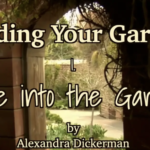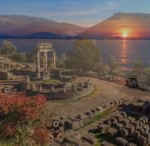Holy Relics

I wrote this poem about the experience you have when you sense you are in a sacred place, or when you are walking on holy ground.
HOME

Home is an especially compelling archetype today, when we have been confined inside for a year; many have lost their homes to hurricanes, floods, fires and tornados, and so many families are homeless.
The Color of a Song
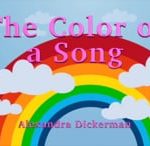
The Color of a Song, by Alexandra Dickerman During this past year of isolation, when we were unable to attend concerts or go to church or museums or out to restaurants, so many sensory experiences were denied to us. This poem is about sensory experiences— and how they might sometimes overlap.
Song of the Sea amd Sky
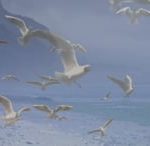
Song of the Sea and Sky, by Alexandra Dickerman During this past year of quarantine and isolation, we have been going to Ocean Beach , especially when the big waves are forecasted—for fresh air and long walks, and to feed the birds. Recently, I was struck with the sense that we’re all in this together.
Song of the Sacred Tree
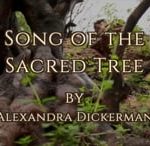
The Song of the Sacred Tree, by Alexandra Dickerman, 2021 Certain special trees are considered to be sacred, in mythology and in many religions all over the world. Rooted in the earth, reaching skyward, nourished by the elements, and interconnecting with other trees through their complex root systems, trees provide a metaphor for patience and […]
Thirteen ways of Looking at a Blackbird
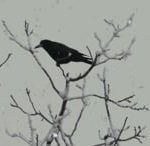
“Thirteen Ways of Looking at a Blackbird” by Wallace Stevens,1954. This poem consists of thirteen separate haiku-like fragments, or vignettes, each of which references a blackbird in some way. As the poem’s title suggests, these fragments feature different perspectives in the form of fleeting experiences. (In some cases I have taken poetic license and interpreted […]
The Psalmist, part 2

This is the second stanza of “A Psalm of Life,” by American poet Henry Wadsworth Longfellow. It is meant to inspire its readers to live actively, and to not regret the past, or to take the future for granted: “Learn to labor and to wait.” I broke the poem into two pieces to keep the […]
The Psalmist, part 1
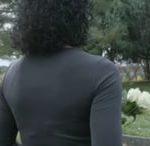
This is the first stanza of “A Psalm of Life”, by American poet Henry Wadsworth Longfellow (1807-1882). It is often subtitled “What the Heart of the Young Man Said to the Psalmist.” The poem is meant to inspire its readers to live actively, and to not regret the past, or to take the future for […]
Hope
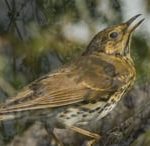
Hope is the thing with feathers, by Emily Dickinson, 1830-1886. This poem honors the human capacity for hope, portraying it as a bird that lives within the human spirit, singing in good times or in bad.
Invictus
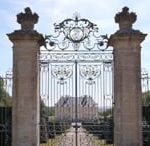
Invictus ” Invictus” is a short poem by the English poet William Ernest Henley (1849–1903). It is an example of the Victorian attitude of stoicism, which is often considered a British character trait. Invictus is a cultural icon.
Ozymandias

Ozymandias, by Percy Bysshe Shelley, 1818. The name Ozymandias means “a tyrant, a dictator, a megalomaniac.” The message of this poem is that power is temporary, even that of great rulers who may believe their power to be immortal.
No Man is an Island

John Donne’s poem No Man is an Island, expresses the idea of Oneness, the concept that the whole never loses contact with its parts, they are never lost or forgotten, and we are all part of the whole.
A Fairy Song

A Fairy Song, by William Shakespeare (b.1564) This poem is from Shakespeare’s comedy play, ‘A Midsummer Night’s Dream’ (Act 2, Scene 1).
The Raven
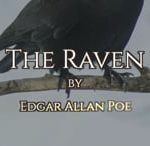
” The Raven” by Edgar Allen Poe, 1845, is noted for its lyrical and fanciful language, and its eerie atmosphere. It tells of a mysterious visit to a man who has lost his lover, Lenore.
Stopping by Woods on a Snowy Evening
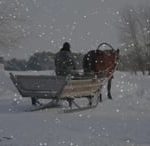
This little poem by Robert Frost is filled with vivid winter imagery. The words have a gentle rhythm and a soft rhyme, It is about an experience in nature where the poet would like to linger and enjoy the beauty of his experience, but he must return to his life of duty and responsibility.
Tyger Tyger
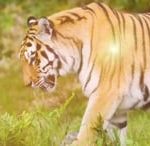
The Tiger by William Blake 1757–1827 Blake, an English Romantic poet,lived in London at a time of great social and political change that profoundly influenced his writing. In this poem he seems to question everything, including, perhaps, his faith.
I Wandered Lonely as a Cloud
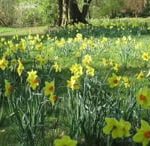
Written by William Wordsworth in 1804, it is a classic English Romantic lyric poem about an experience in nature which brings us comfort (“the bliss of solitude”), when we’re alone. I Wandered Lonely as a Cloud (also known as Daffodils) is one of the best-known and most loved poems in the English language.
The Road Not Taken

This famous poem by Robert Frost is about the paths we choose — the turning points we reach and the decisions we make that can determine the course of our lives.
Gravity’s Law
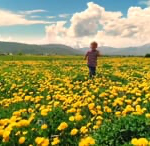
This poem by Rainer Maria Rilke is about accepting and appreciating nature (gravity). The poet recommends that we learn from, and respect the wisdom of the natural world, rather than fighting against it.
Second Coming

This poem by William Butler Yeats, written in 1919, seems strangely prophetic today, at a time of plague and political unrest.
Don’t Go Back to Sleep
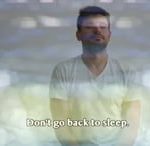
13th century Sufi mystic poet Rumi enjoins us to wake up, be present and become aware of the depth and complexity of the unseen world— that lies just beyond the doorsill.

